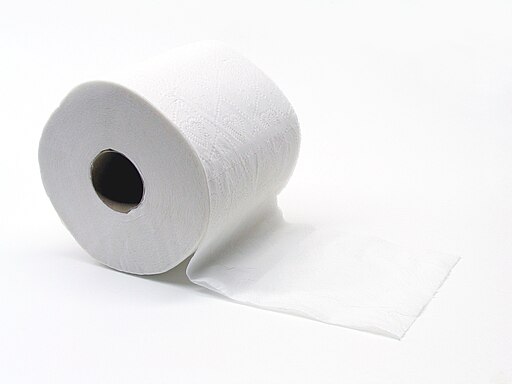The Hidden Benefits of Price Gouging: How Market Forces Alleviate Shortages

Three years ago today, in April 2020, the world faced a seemingly bizarre shortage – toilet paper. Panic buying and hoarding during the early days of the COVID-19 pandemic led to empty shelves and heightened demand for this essential item. However, a closer look at the situation reveals how so-called “price gouging” can actually help alleviate shortages in times of crisis.
Price Gouging and Perceived Shortages
When a perceived shortage arises, people tend to hoard items, making the shortage worse. This behavior is driven by fear and the desire to protect oneself and one’s family. However, when the market is allowed to control prices, supply can increase to meet demand, ultimately mitigating the problem.
The Role of Higher Prices in Preventing Hoarding
The situation in Houston following Hurricane Harvey provides a clear example of how higher prices can prevent hoarding and ensure that essential items are available to those who need them most. With most of the city without running water, bottled water became a scarce commodity. Convenience stores sold 12 oz bottles of water for $10, a significant increase from pre-hurricane prices.
While this may seem exploitative, the higher price deterred people from buying excessive quantities of water to hoard. As a result, those who desperately needed water could still find it available for purchase. By allowing the market to dictate prices, a balance was struck between supply and demand.
Increasing Supply Through Market Forces
As the situation in Houston evolved, entrepreneurs from neighboring cities like Dallas and San Antonio saw an opportunity to meet the demand for water. They drove through Houston’s neighborhoods, selling sealed bottled water from the back of pickup trucks at $10 per gallon or $50 for 5-gallon bottles. This influx of supply quickly led to a reduction in water prices – by 50% the next day – and soon after, most residents had their access to water restored.
This example demonstrates the power of market forces to alleviate shortages. When prices are allowed to rise in response to increased demand, it creates an incentive for suppliers to bring more of the desired product to the market. This increased supply then helps stabilize prices and ensures that goods are available to those who need them.
Consent Culture and Tolerance
Lastly, the famous question “Qui Bono” must be asked. “Who Benefits?” When the market sets prices to a point that people claim gouging, sales are still happening. People who sell things aren’t raising prices to a point that no one will buy, but they are maximizing their profits. What should a tolerant community do? Should we allow people to sell their labor and their products for what the market will bear? Or should we create a black market by forcing people to sell their goods at below market prices — causing shortages.
By definition, when ever goods are sold at below market prices, you will have shortages. If the market wants to pay more for something, and the government keeps the prices low, there will be shortages as people buy on the legal market and then sell on the black market. A tolerant society allows people to sell labor and goods for what the market will bear, and to deny people that right is to violate their consent.
Conclusion
While price gouging may have a negative connotation, it can play a crucial role in addressing shortages during crises. By allowing the market to control prices, suppliers are incentivized to increase production, and hoarding behaviors are discouraged. The examples of toilet paper shortages in 2020 and the water crisis in Houston after Hurricane Harvey illustrate the effectiveness of the free market in alleviating shortages when left to operate without interference.
Comments are closed